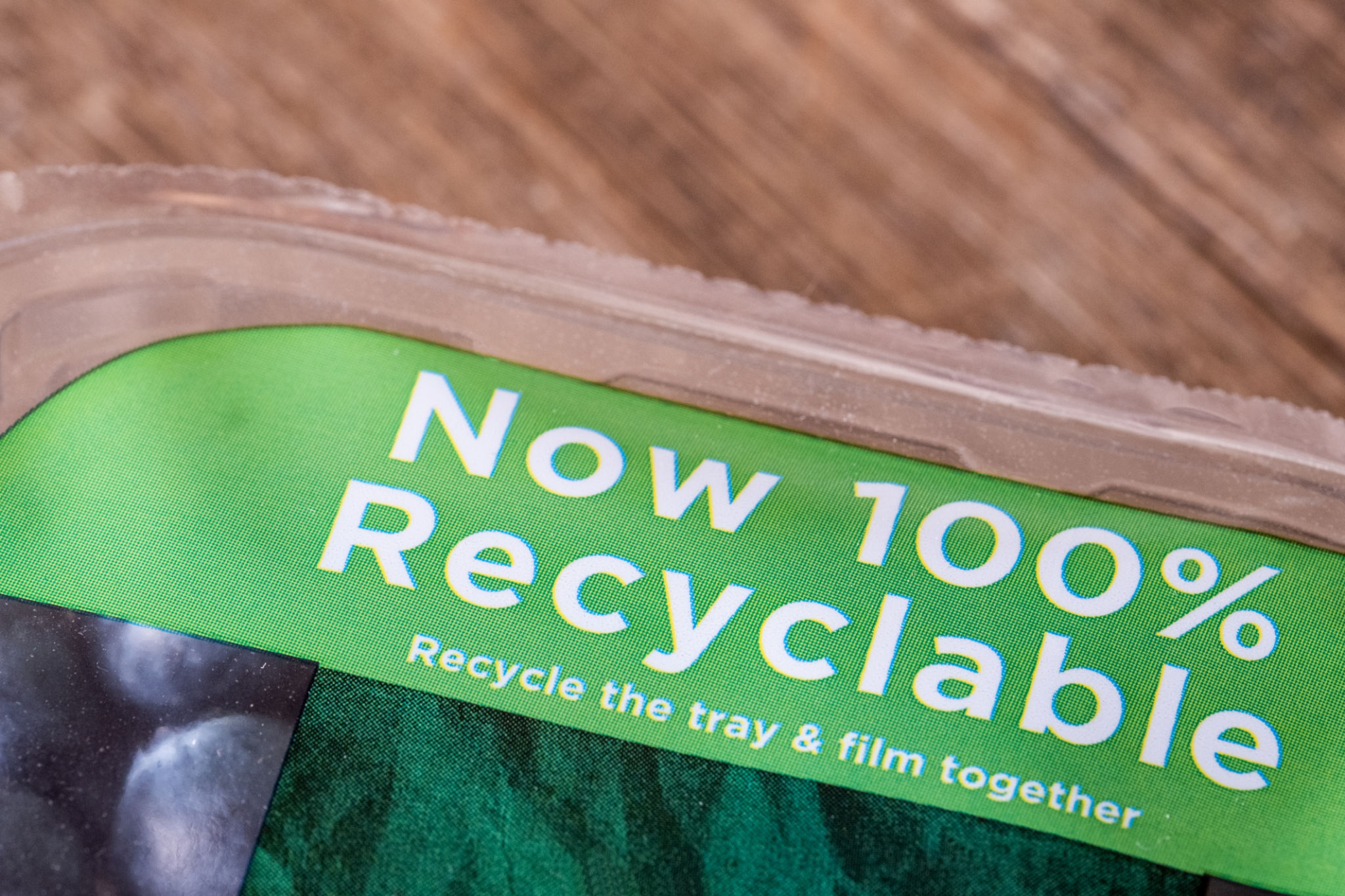Navigating the Green Skin Care Market: What to Look for and What to Avoid
VA
Understanding the Green Skin Care Market
The green skin care market has been growing rapidly as consumers become more conscious of their environmental impact and personal health. With an abundance of options available, it can be overwhelming to choose the right products. To make informed decisions, it's essential to understand what to look for and what to avoid when navigating this market.

Identifying Genuine Green Products
When searching for green skincare products, it's crucial to look for certifications that verify the product's sustainability and safety. Certifications such as USDA Organic, ECOCERT, and Leaping Bunny indicate a commitment to organic ingredients and cruelty-free practices. These labels ensure that the product meets specific environmental and ethical standards.
Additionally, examine the ingredient list carefully. Opt for products with natural ingredients that are easily recognizable. Ingredients like aloe vera, chamomile, and coconut oil are excellent choices. Avoid products with a long list of chemicals or synthetic fragrances, as these may not align with green skincare principles.
The Importance of Packaging
Packaging plays a significant role in the sustainability of skincare products. Look for brands that use eco-friendly packaging materials, such as recycled or biodegradable options. Brands that offer refillable containers or have a take-back program contribute positively to reducing waste.

Be wary of excessive packaging, as it often contradicts the green ethos. Minimalist packaging designs that use less material while still protecting the product are preferable. Many eco-conscious brands now prioritize both the sustainability of their products and their packaging.
Spotting Greenwashing Tactics
Greenwashing is a common tactic where companies falsely promote their products as environmentally friendly without genuine commitment. To avoid falling for these tactics, do your research on the brand’s overall sustainability practices and history. Look for transparency in sourcing and production processes on their website or product labels.
Remember, if a company's green claims seem too good to be true, they probably are. Being an informed consumer means questioning vague claims like "all-natural" or "eco-friendly" without any certification or evidence to back them up.

Supporting Ethical Brands
Support brands that prioritize ethical practices, not just in their products but throughout their entire supply chain. This includes fair trade practices, responsible sourcing of ingredients, and ensuring safe working conditions for their workers. These brands often provide detailed information about their ethical commitments, which can guide you in making responsible purchases.
In conclusion, navigating the green skincare market requires a bit of diligence but is ultimately rewarding. By choosing products that align with your values and priorities, you contribute to a healthier planet and better personal well-being.